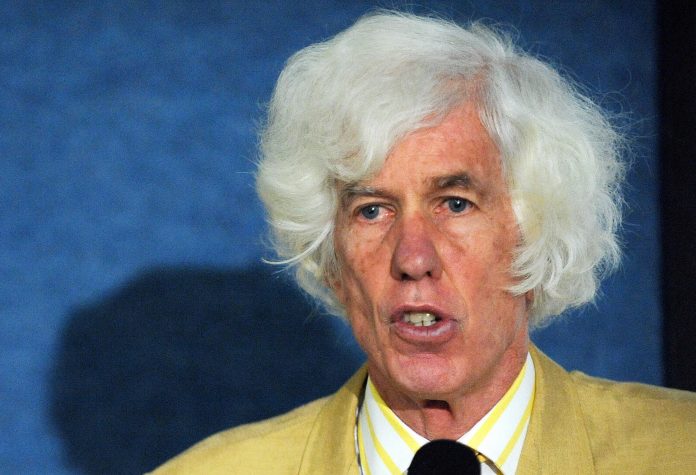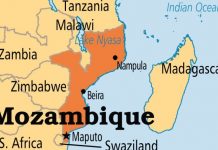There are grave risks involved in life generally. But expatriates who work in foreign climes tend to encounter double risks, as this report shows. The renowned ivory investigator, Esmond Martin, is reported to have been found dead in his home in Kenya. Martin had made waves after working for years tracking the trade of ivory and rhino horns from Africa to Asian markets.
According to Kenyan police, Martin’s body was found by a family member, who had gone to his home in the Nairobi suburb of Langat last Sunday after he did not respond to phone calls. “He was found dead in his house and had stab wounds,” said a police officer. “An investigation has been launched.”
The Head of the United Nation’s Environment Program, Erik Solheim, who described the late investigator as a “global authority” on ivory and rhino horn trafficking, said he was shocked by the news of his death.
The deceased, an American citizen who had lived in Kenya for decades, was a key figure in the global crackdown on illegal ivory supply chains. Much of his research quantified and analyzed the Asian ivory markets particularly in China, Hong Kong and Vietnam.
As a former UN special envoy for rhino conservation, Martin’s research helped to pressurize the Chinese government to ban its legal rhino horn trade in 1993 and end legal ivory sales last year. Hong Kong also introduced its own ban earlier this month.
The Chief Executive of the Wildlife Direct conservation group, Paula Kahumbu, described him as a hero in exposing the ivory trade, tackling the traffickers and dealers themselves. His work revealed the scale of the challenge and made it impossible for the Chinese government to ignore. Experts agree that his death is a very big loss for conservation.

















